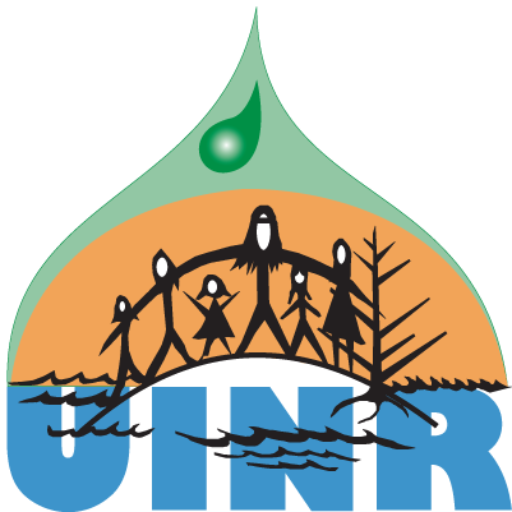At first glance it might be difficult to see the connection between salmon and trees, but a project by Unama’ki Institute of Natural Resources–UINR, and Cape Breton Collaborative Salmon Initiative–CSI Cape Breton, hopes to change that.
The partners are working on a cooperative salmon habitat restoration project that will see 2000 trees planted along the banks of tributaries of the Margaree and Middle Rivers this fall in an effort to preserve, enhance and stabilize habitat of wild Atlantic salmon.
Planting trees along the river banks has many benefits to salmon habitat.
Mark MacPhail, UINR Director of Forestry explains, “Trees’ root systems hold river banks in place, reducing erosion and siltation.
Salmon need shady areas to spawn and the shade helps keep water temperatures cool and moderate.
Leaves and other debris provide nutrients to the river, contributing to a healthy environment for salmon and other fish.
With the help of community volunteers, Margaree Salmon Association, UINR and Atlantic Salmon Federation, we’re planting a wide range of native tree species–sugar maple, red maple, elm,yellow birch, white birch, red oak and black ash.”
Lewis Hinks, Director, Regional Programs for Nova Scotia, Atlantic Salmon Federation, believes that this is important for both the salmon and the community.
“This project brings together different organizations to work together on a common cause and brings attention to the value we all place on the environment.
Together, Mi’kmaq and non-native partners hope to encourage people to consider the effect their actions have on river habitat and how important it is to maintain healthy river systems.”
Areas that lacked vegetation were identified in the spring and were surveyed and digitally mapped.
Planting will mainly take place along tributaries that feed into the Margaree and Middle Rivers.
The crew will begin planting on Monday October 29.
The project is funded by Environment Canada’s EcoAction Community Funding Program, Atlantic Salmon Conservation Foundation,
mark@uinr.ca

